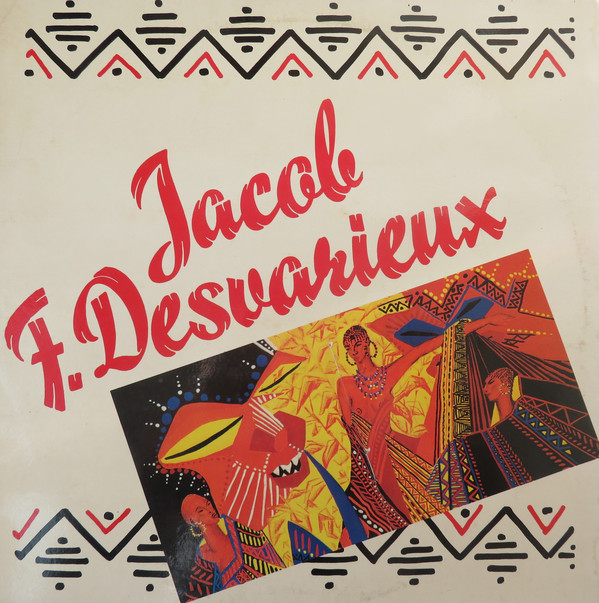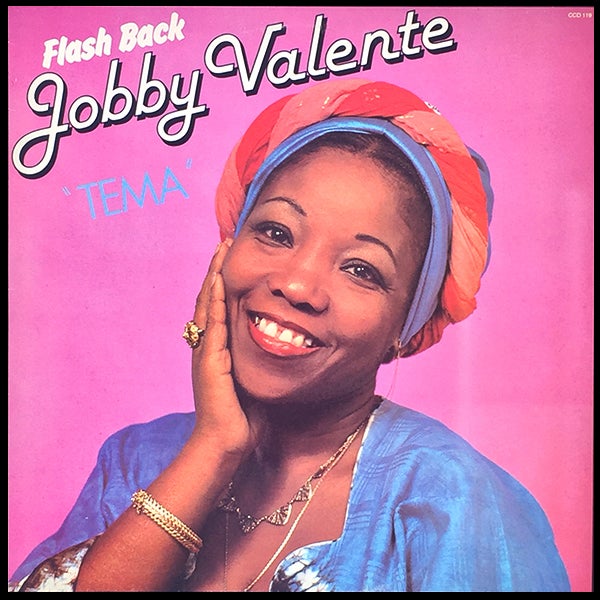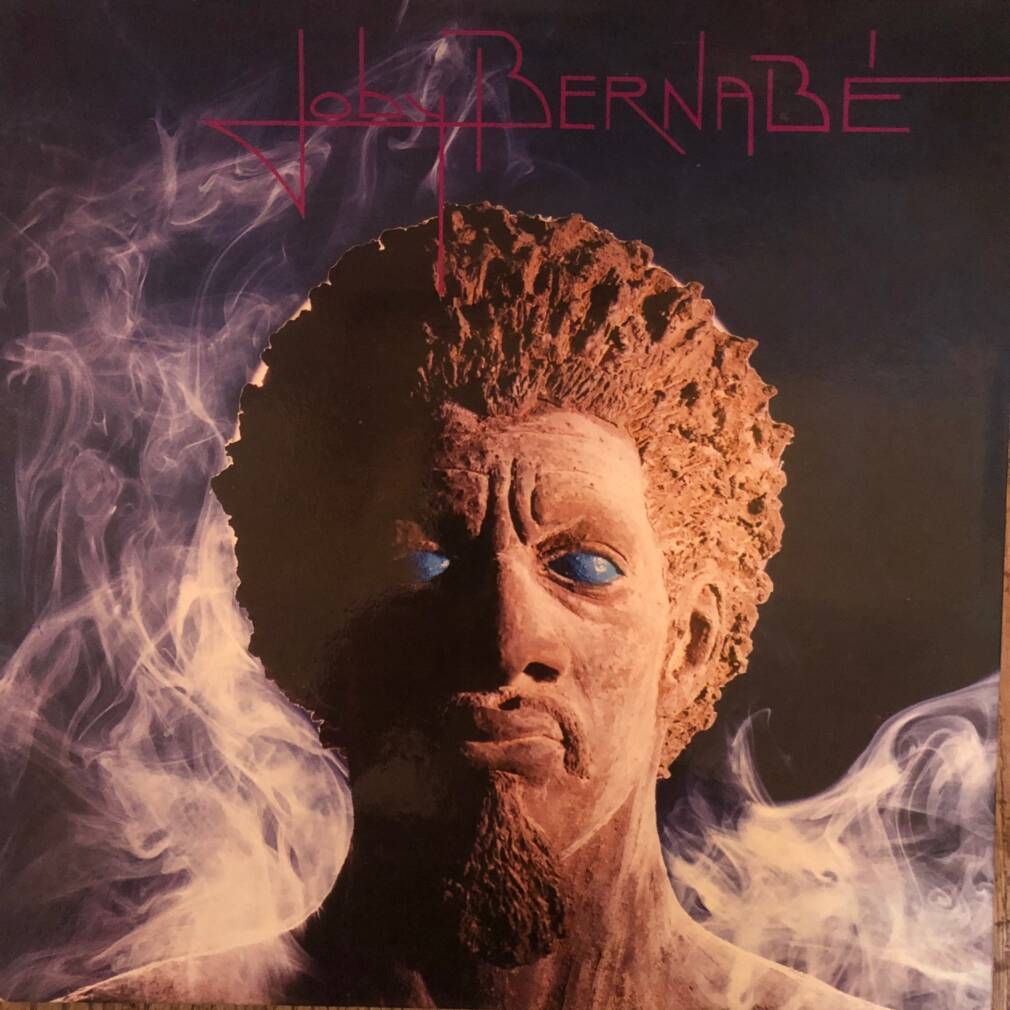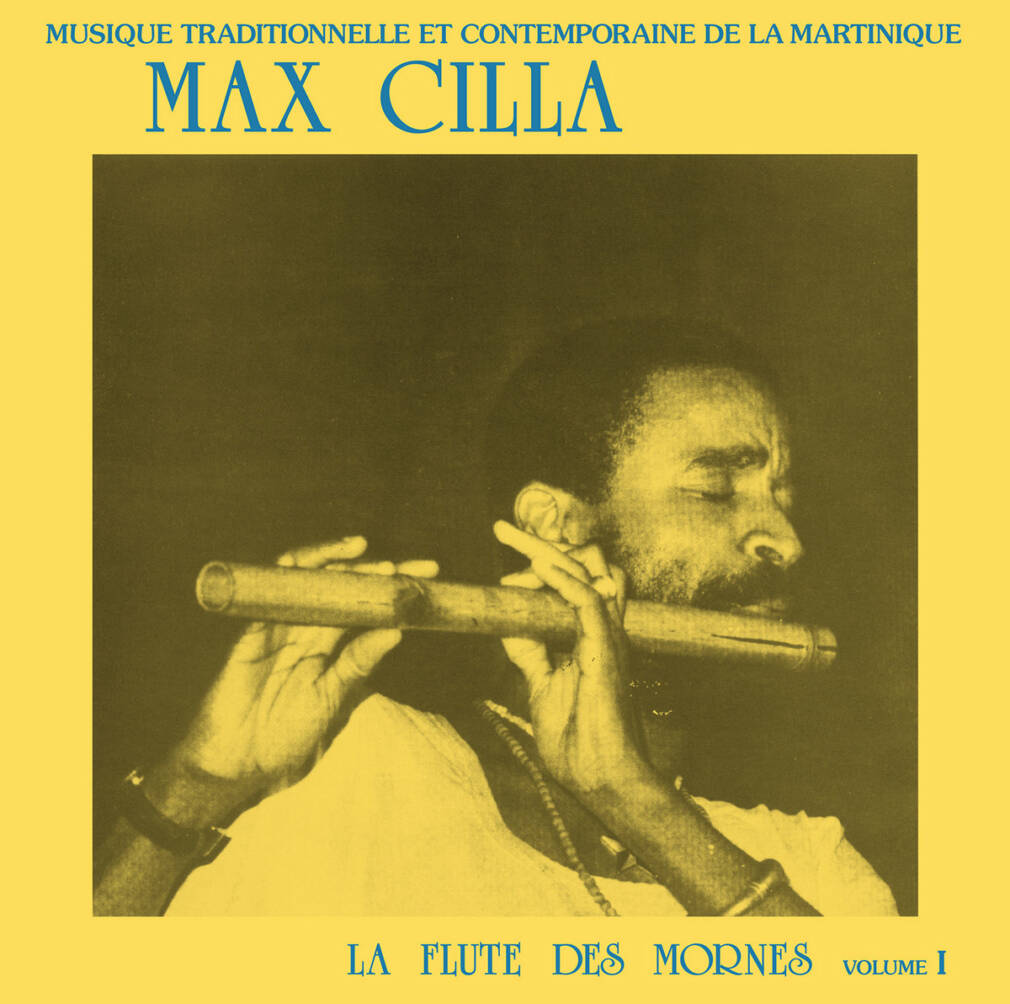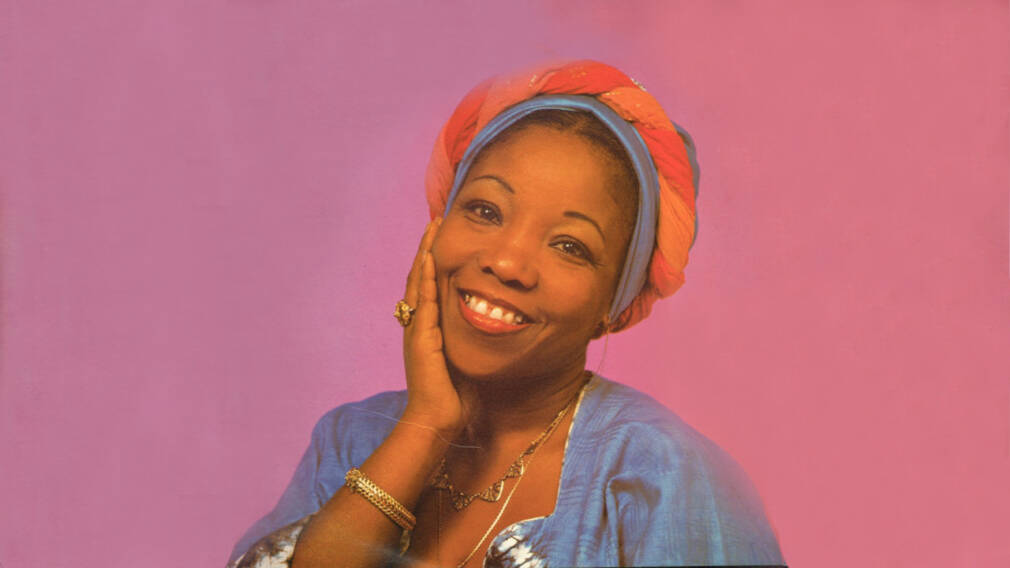Each summer, we take a moment to reflect on the music of the French West Indies. This year, our thoughts are with our friends from Guadeloupe and Martinique, whose islands are being hit badly by Covid. To begin with, we also have to acknowledge the passing of a giant of West Indian music, Mr Jacob Desvarieux. Bon voyage Jacob, we will miss you.
Jacob F. Desvarieux – Jacob F. Desvarieux (GD Production) (1983)
Before he participated in the creation of Kassav’ with Pierre-Edouard Decimus and Freddy Marshall, Jacob was a well-known arranger, particularly when it came to African music and disco. He’d built up considerable experience working on many projects, especially alongside the Studio Johanna team. It was for his talents as an arranger and the quality of his production that Freddy and Pierre Edouard got in touch to seek support in “modernising” guadeloupean music. This is the “tour de force” contributed to the creation of Zouk by Kassav’. Years before the Wu Tang strategy, the musicians of the Kassav’ collective released successive albums under their respective names (Patrick Saint-Eloi, Georges Decimus, Jean-Claude Naimro, Jocelyne Beroard, etc.) with the same musicians and arrangements /production by Jacob Desvarieux. We all know the result – the worldwide success of Kassav’ and the Zouk phenomena pay testament to its success.
To come back to Jacob’s first solo album, we find the whole Kassav’ team on instrumentals. Jacob’s production is more digital here and we wouldn’t be blamed for thinking it’s a Kassav’ album, though its Jacob Desvarieux’s warm and hoarse voice behind the microphone. His guitar playing is also very enjoyable, as on the delicious “Sweet Florence,” a track well known to fans of “Digital Zandoli” and Tropical sound. Two years later, Jacob released another album, which is just as good, “Oh Madiana.”
Joby Valente – Flash Back (GD Production) (1983)
The Kassav team spread beyond its own discography. Indeed, other artists benefited from their knowledge of rhythm and grooves. This was the case for the Martinican singer Joby Valente, who never released many records despite the success of one of her first singles “Disk la rayé” in 1969 and her long career, which continues to this day!
On this album, which until now has gone under the radar for most DJs and collectors of French Antillean sound, we find Jean Claude Naimro and Jacob Desvarieux on production as well as big names of West Indian 80s music: Claude Vamur on drums, Michel Alibo on bass, Jocelyne Berouard on backing vocals …
The result is a really danceable album with at least three tracks that seem made the dancefloor: a new version of Joby’s anthem “Disque la rayé,” the famous “j’aime les bourgeois (sic…)” and a modernised version of a biguine piece by Eugène Mona, “Mi moin mi ou.”
You can find this track on the latest Guts compilation Straight from the decks vol.2 as well as on the French-based station Radio Nova.
Joby Bernabé – Joby Bernabé (GD Production) (1985)
Another Joby, a man this time, with a deep and wild voice and an acerbic turn of phrase. This is a record for the weirder among you, just as I like it! It took me many years to find it, so I’m happy to share it with you.
Joby Bernabé, a politically engaged man of letters from Martinique, left Fort de France to study in Montpellier before a two-year initiatory stay in Africa in the late 1960s. At the request of Aimé Césaire, he returned to Martinique with a militant theatre company. This militancy is reflected in his second album, released in 1985 under his own name, which can be described as “Creole Spoken word.” The bravura piece of the LP is “La logique du pourrissement” (logic of decay), a long track of incandescent poetry delivered on a Jazz Funk instrumental that features Mario Canonge’s keyboards and a free saxophone. We aren’t far from Brigitte Fontaine’s “Comme à la radio,” but in an 80’s Creole version. This “logic of decay” evokes the situations of the different overseas territories and their complicated relations with metropolitan France and its government. The rest of the album is quality music as well, with Joby’s poetry blending with instrumentals composed solely of Flute (by Max Cilla), double bass (“Tout ko sé ko”), traditional percussion and guitar (“zandoli”) or even just vocals (the bewitching “kitan”).
And as is often the case with this kind of record, the cover is striking and unusual, with a sculpture that would feel reminiscent of Ancient Greece, were it not for the painted blue eyes and the smoke rising behind … no doubt placed to announce the fiery nature of the album.
You can find all the songs in our updated playlists on Deezer and Spotify
A small novelty: each week I’ll ask an artist, or someone close to Heavenly Sweetness, to talk about a vinyl they like. We have a special guest this week who’ll talk about the music of the West Indies in more detail: David Walters!
Max Cilla – La flûte des Mornes – volume 1 (1988)
One of my most loved artists, one who makes his “Soleil kréyol” shine in our ears and hearts. He has chosen a record that I like a lot and that I offered him personally: Max Cilla’s la flute des mornes volume 1. It’s a good choice as Max plays on the album we just talked about.
“This album brings me back to the earth and Caribbean horizons with the flutes of Max Cilla. It’s hard to put into words, but when I play this album it’s always at least 3 or 4 times in a row, it’s my refuge! There is something magical and authentic about this music that envelops me, soothes me and refreshes me … “
